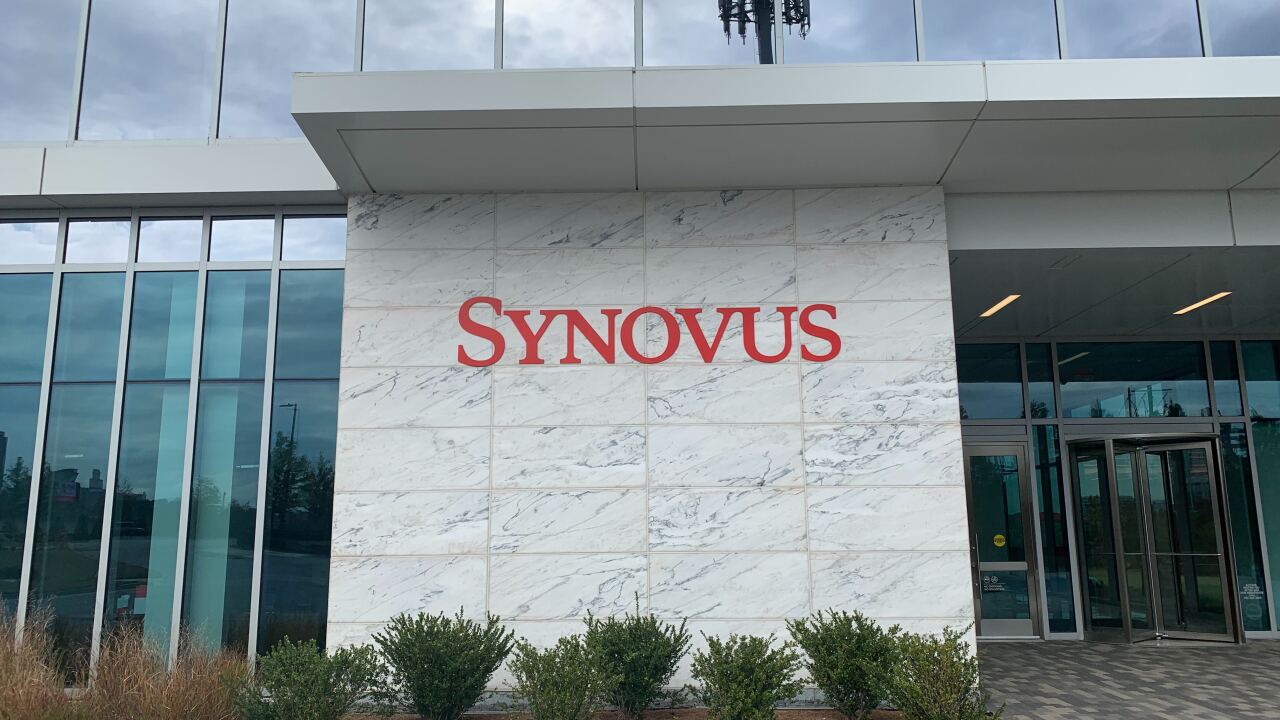
The biggest bank acquisition signed in 2024 remains on track to close as planned.
Winter Haven, Florida-based SouthState Corp.
The timely progression of the deal is significant because other large acquisition plans faced lengthy delays — and several were scuttled altogether — amid heightened regulatory reviews during the Biden administration's term in the White House.
At least 10 bank acquisitions were nixed in 2023 after 13 deals were called off the year before. Only four M&A transactions fell through in 2021.
The Biden administration in July 2021 ordered
The $46 billion-asset SouthState's chief executive, John Corbett, foreshadowed on the company's third-quarter earnings call in late October that "everything" on the regulatory approval front appeared "to be on track."
The Independent and SouthState "teams are traveling together now throughout Texas, Colorado and throughout the Southeast. We're building new friendships long before we get to the closing and a conversion next summer," Corbett said at the time.
A SouthState spokeswoman did not respond to a request for more information this week.
Jacob Thompson, managing director of investment banking at Samco Capital Markets in Texas, said banks with extensive M&A experience and well-established relationships with regulators have proven more likely to successfully navigate approval processes over the past couple years.
"When you've been through it all, you know to make sure you have put together a transaction that is in the best position to meet everybody's expectations, including your regulators," Thompson said.
SouthState closed a dozen bank acquisitions over the past 15 years. The Independent deal marks its first deal since early 2022, when it
Additionally, Independent CEO David Brooks led the bank through 20-plus deals over three decades, building it from a $50 million-asset institution into one with nearly $19 billion of assets.
The Georgia-based bank plans to hire 85 relationship managers over the next three years to support growth in commercial and middle-market lending and private wealth. "The biggest risk is not being able to hire the bankers," said CEO Kevin Blair.
To be sure, Thompson said, regulators were not the only substantial M&A roadblock of the past couple years.
Lofty inflation in 2022 — ignited by responses to the coronavirus pandemic and aggravated by fallout from Russia's invasion of Ukraine — galvanized Fed policymakers to ratchet up interest rates to contain soaring prices. This spurred recession fears.
High rates and economic uncertainty hurt borrowers' ability to repay loans, resulting in higher credit losses for banks. For acquisitive banks and their regulators, the specter of recession makes it difficult to gauge the health of would-be sellers' balance sheets.
However, the Fed largely tamed inflation by mid-2024 and policymakers twice cut interest rates this fall. They lowered rates again on Wednesday, by 25 basis points, and brought the cumulative reduction this year to a full percentage point. Additionally, President-elect Trump vowed during his campaign to ease regulatory burdens, including M&A reviews, when he returns to the White House in January.
The combination of those two factors spawned predictions for an acceleration of bank dealmaking in 2025.
"Lower borrowing costs should support economic activity and loan demand, bolstering bank profits which can be used for dealmaking," said Dan Goerlich, PwC's U.S. banking and capital markets leader. Trump's "pro-business stance is stirring expectations of compliance cost relief while also raising hope that new agency leaders will aim to make the merger review process more efficient and transparent."
Already, M&A has picked up in 2024, spurred by a strong third quarter and late-year activity. Altogether, 114 bank deals were announced this year through the end of November, S&P Global Market Intelligence data shows. That exceeded the 98 announcements for all of last year, though it was still far lower than the 201 deal signings in 2021 — the highest level of this decade.
Should the Independent deal close in the first quarter, SouthState's footprint would stretch from Florida across much of the South to Texas and Colorado. The combined company would have $65 billion of assets, deposits of $55 billion and loans of $48 billion.
When the deal was announced, SouthState estimated it would generate earnings-per-share accretion of 27%. It expected to earn back tangible book value dilution of 9.6% within two years.
Those estimates were based on SouthState's plans to trim about 25% of Independent's annual noninterest expense base. SouthState projected $175 million of pretax merger expenses.
The bid for Independent narrowly sits atop the most valuable transactions announced so far this year, edging out Kansas City, Missouri-based UMB Financial's $1.99 billion all-stock
Glen Allen, Virginia-based Atlantic Union Bankshares' $1.6 billion planned acquisition of Olney, Maryland-based Sandy Spring Bancorp was the third largest deal by value.
That was followed by St. Paul, Minnesota-based Bremer Financial's
The only other M&A transaction of the year to top $1 billion was announced Dec. 16. Boston-based






